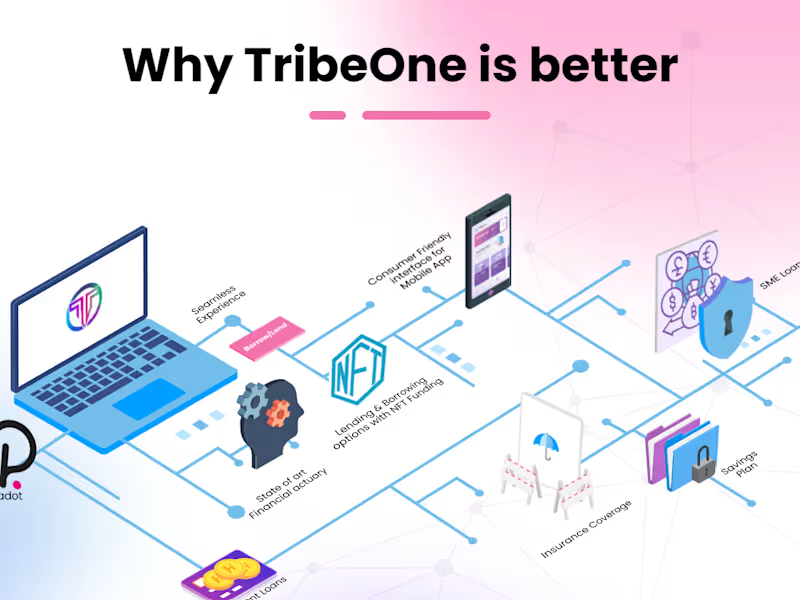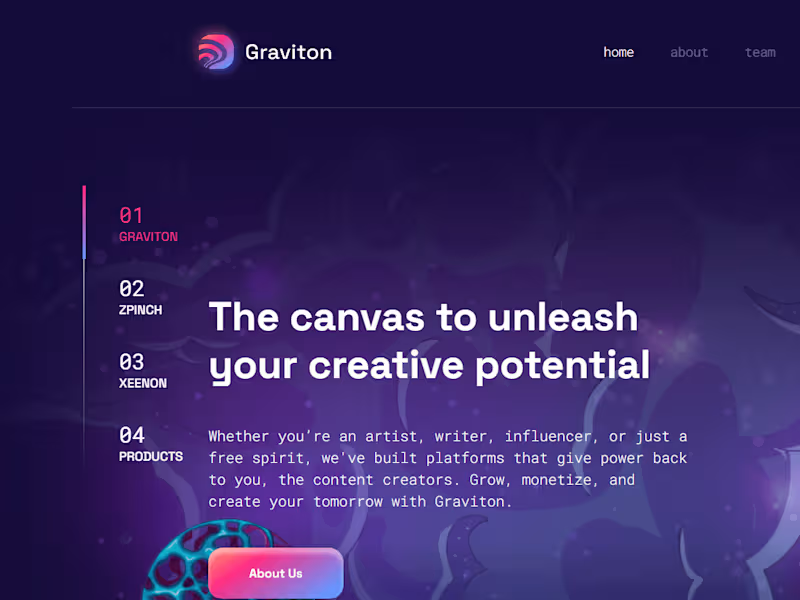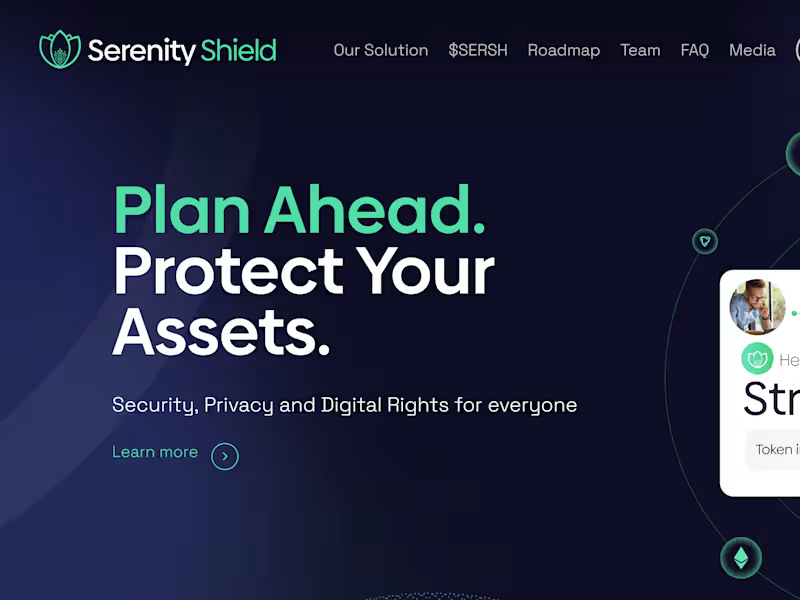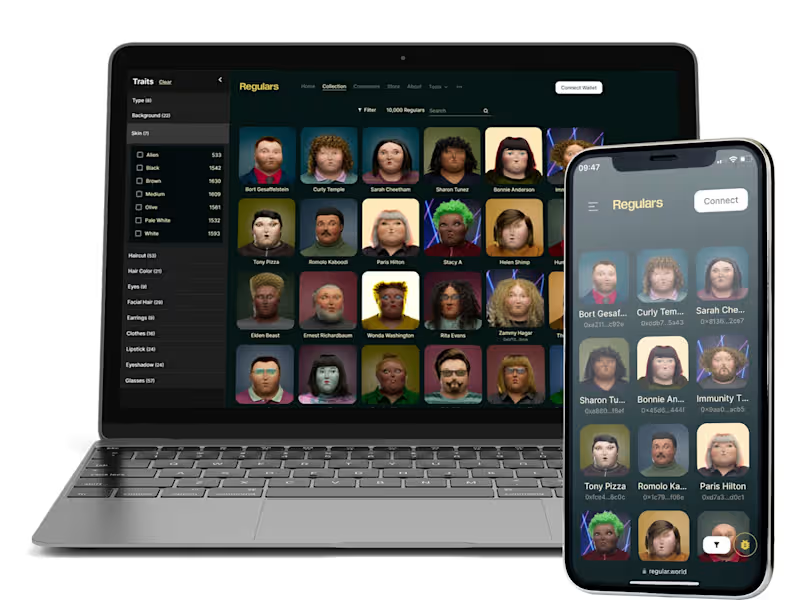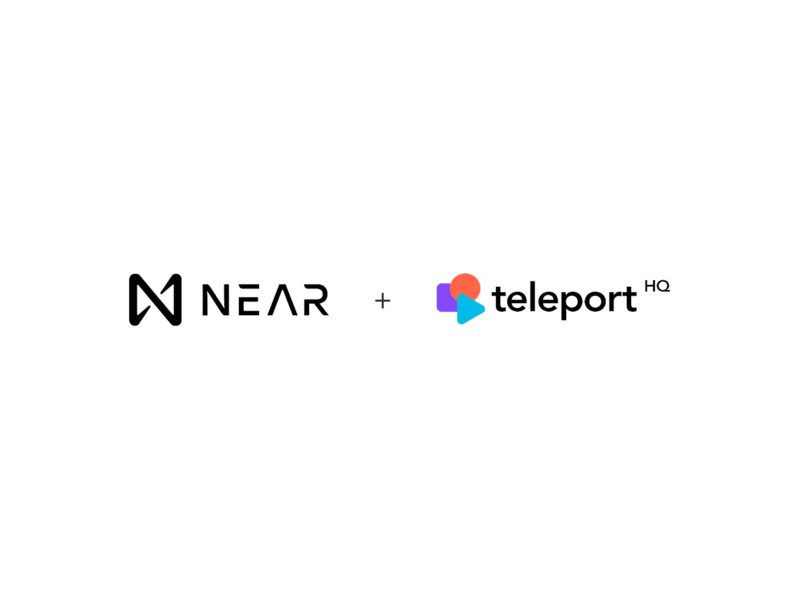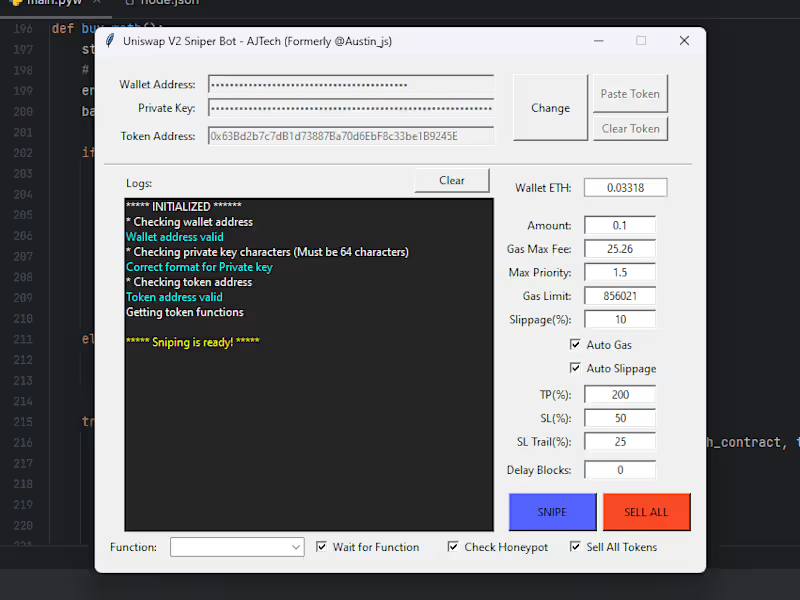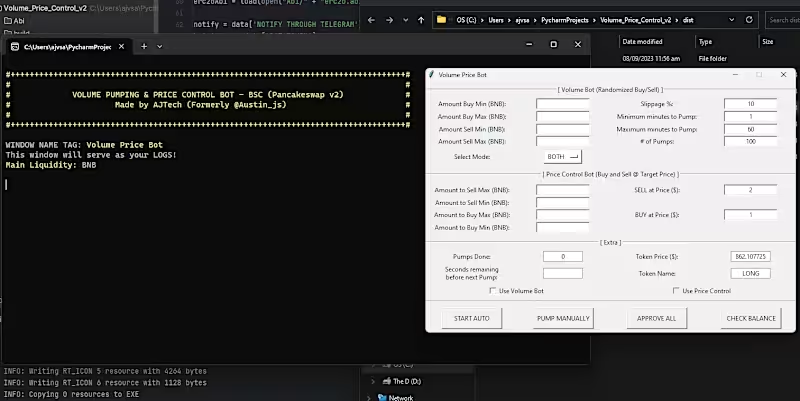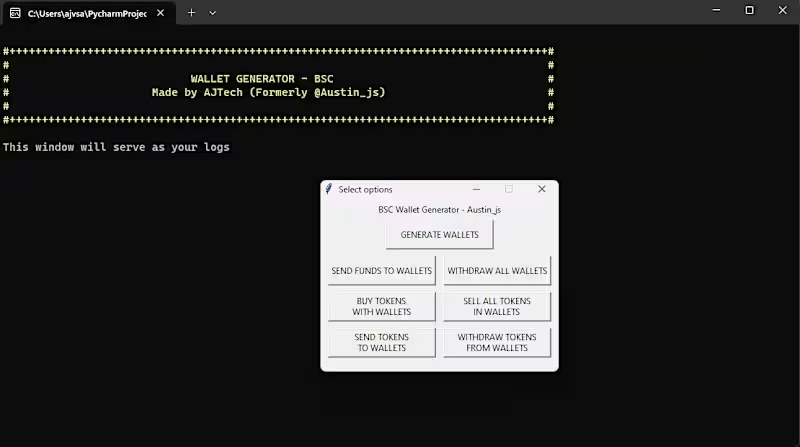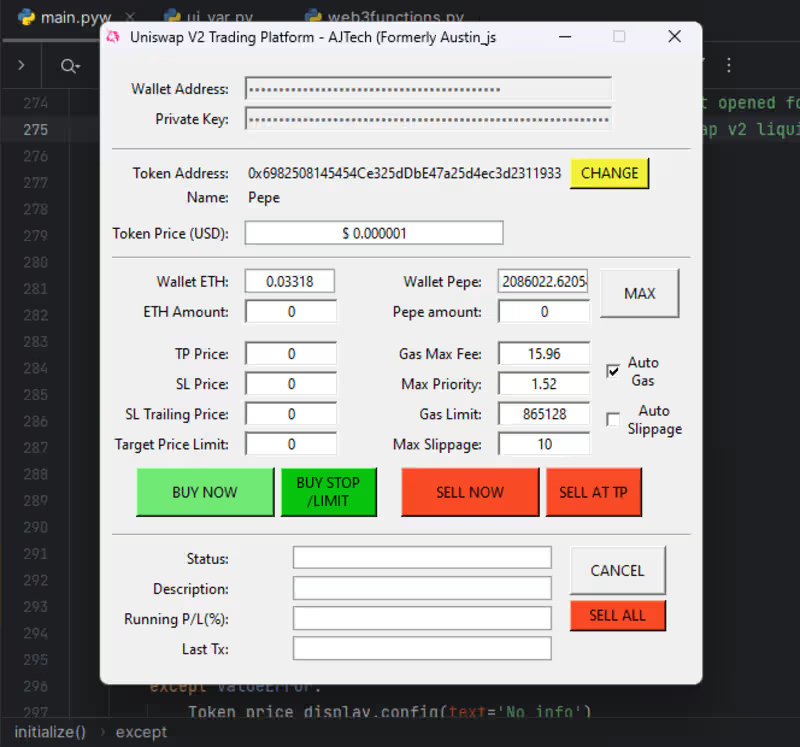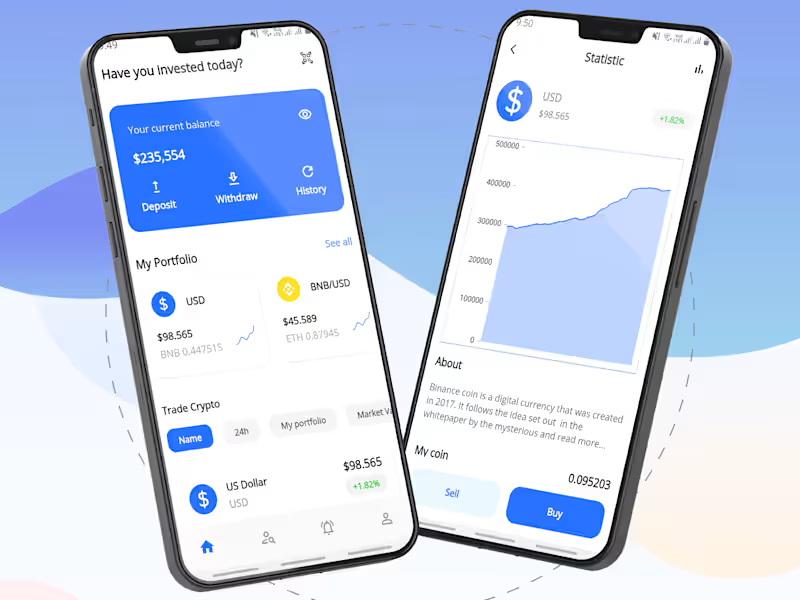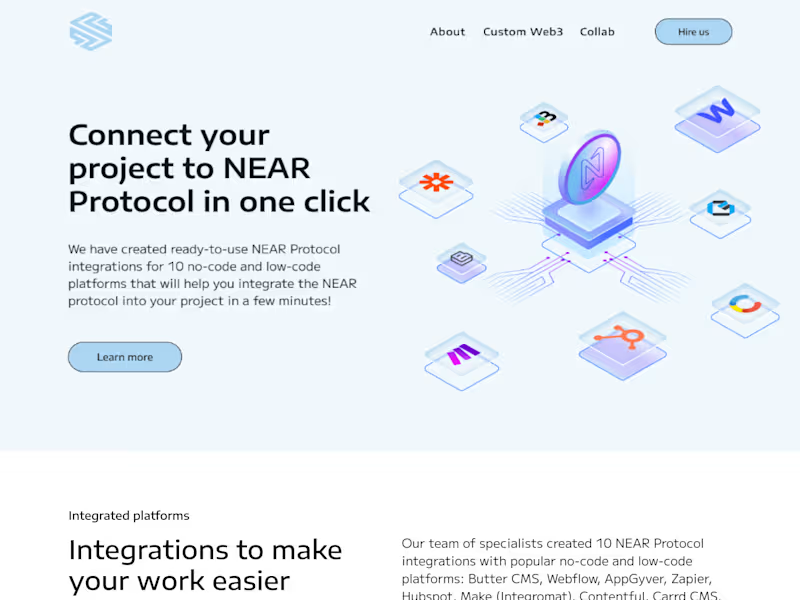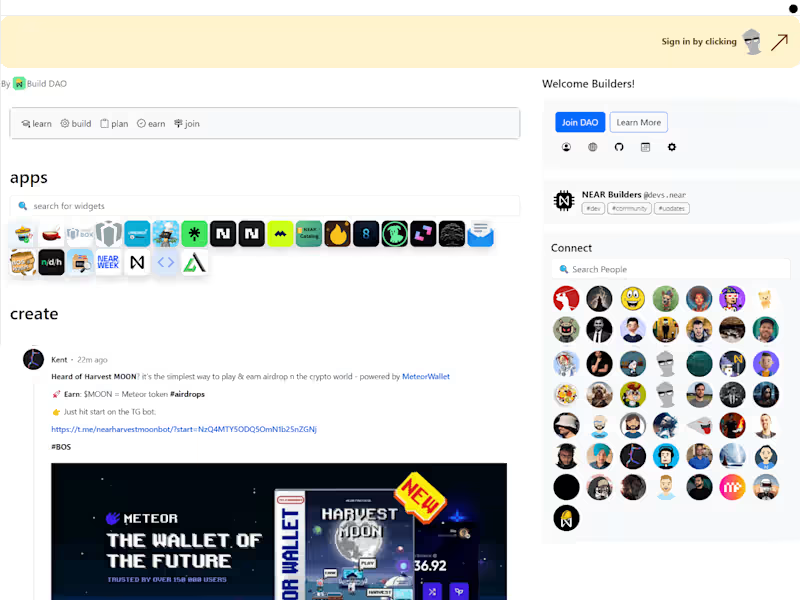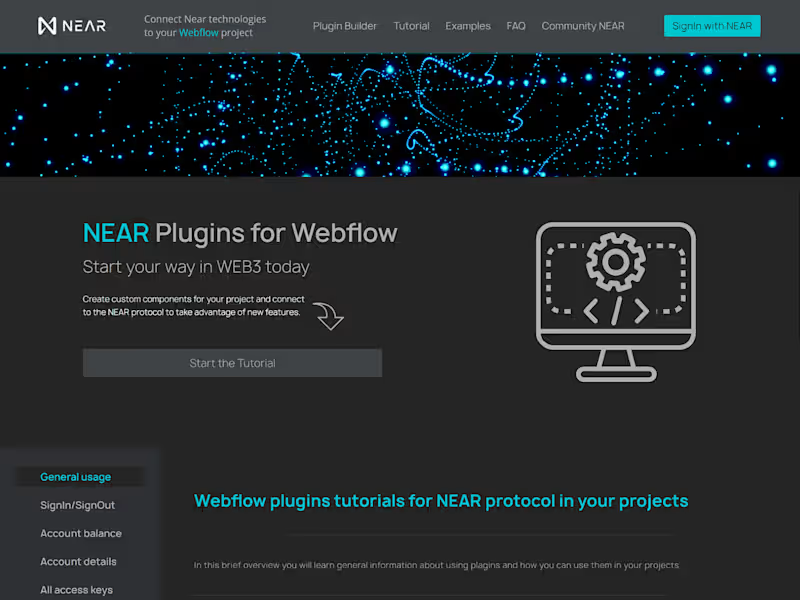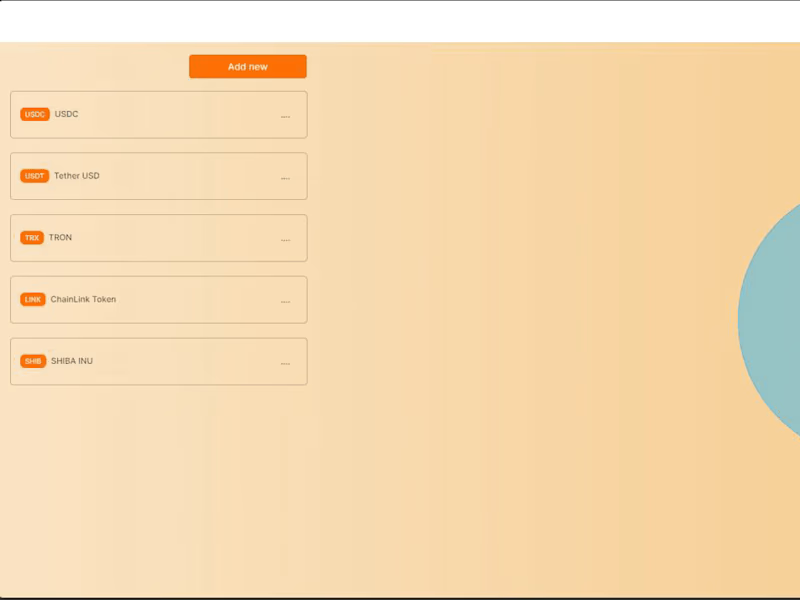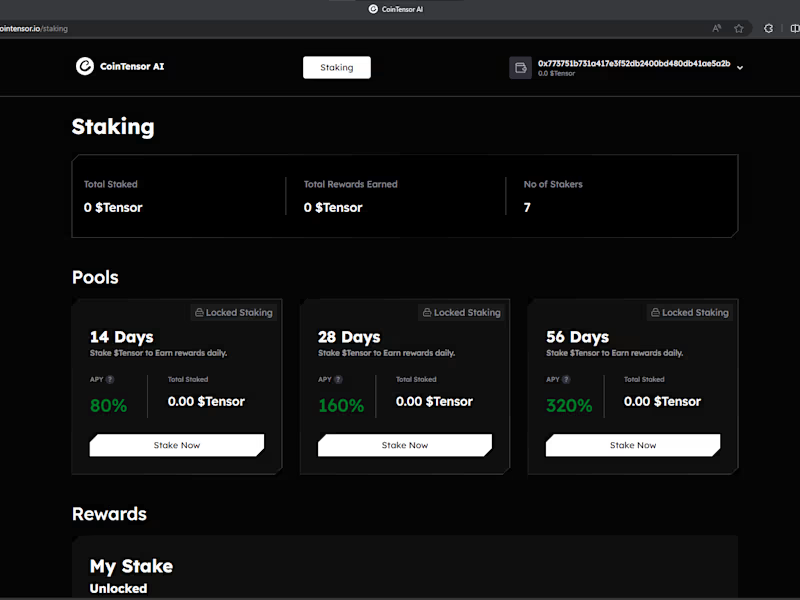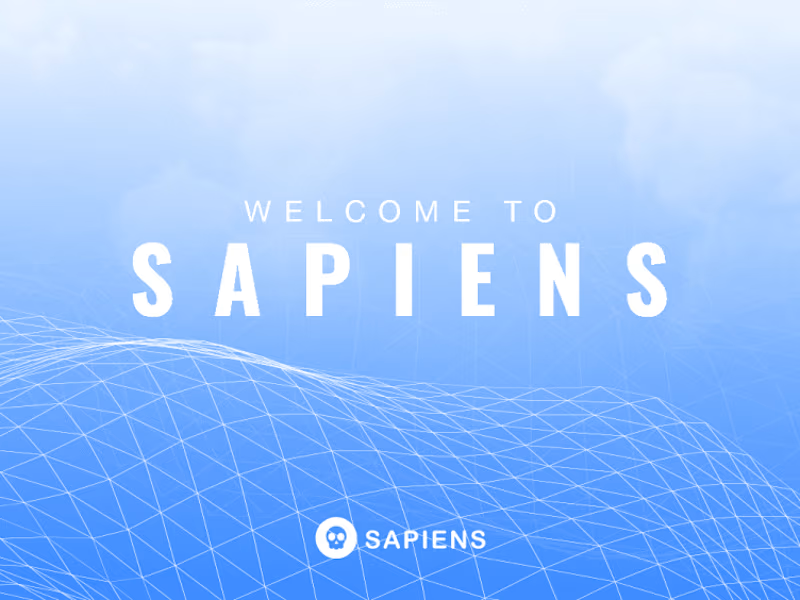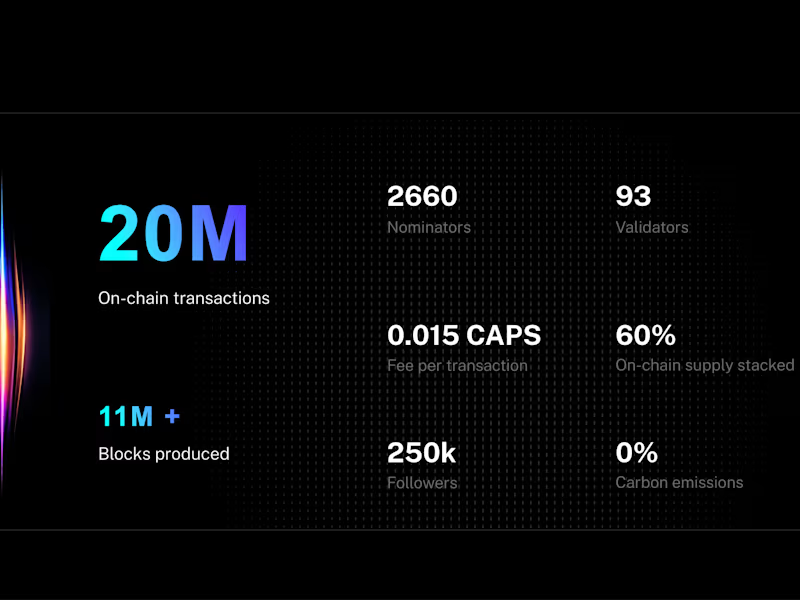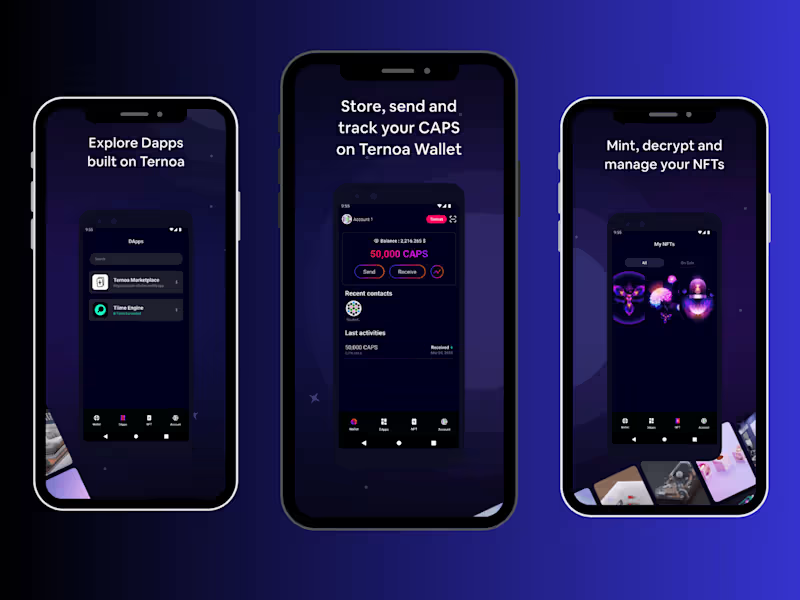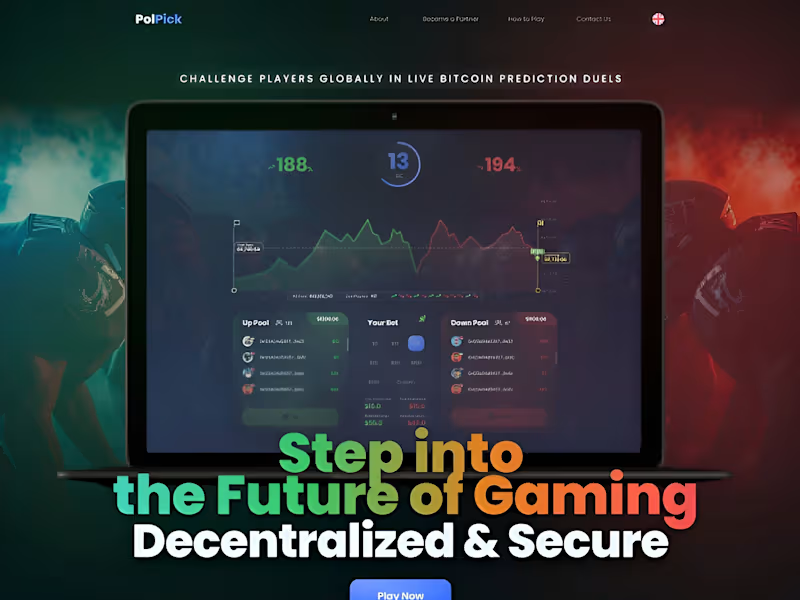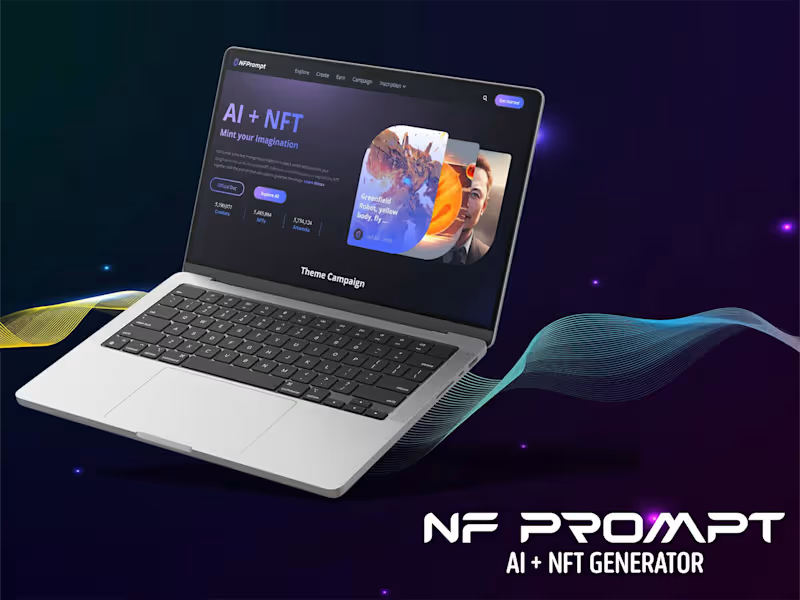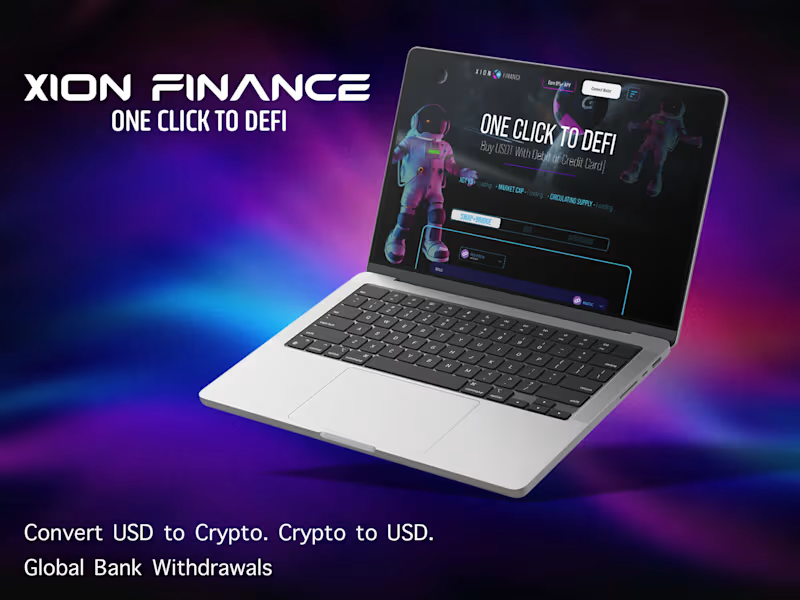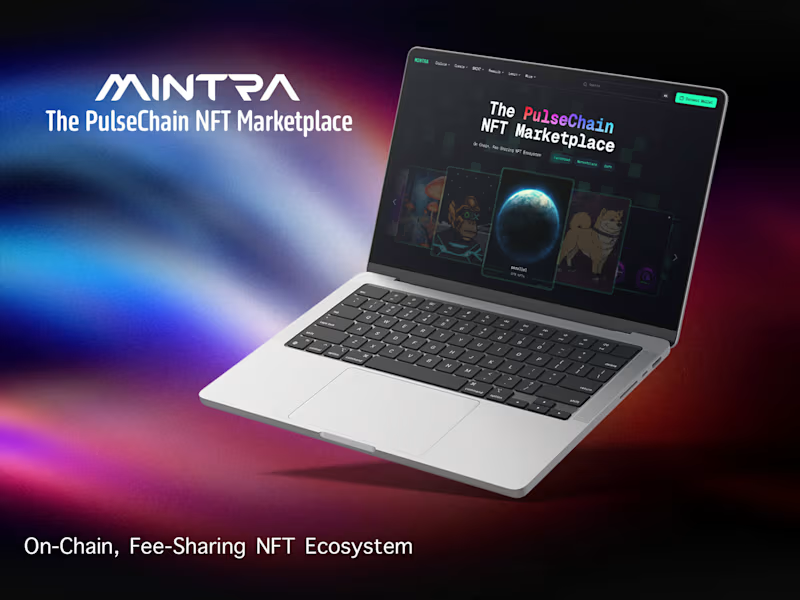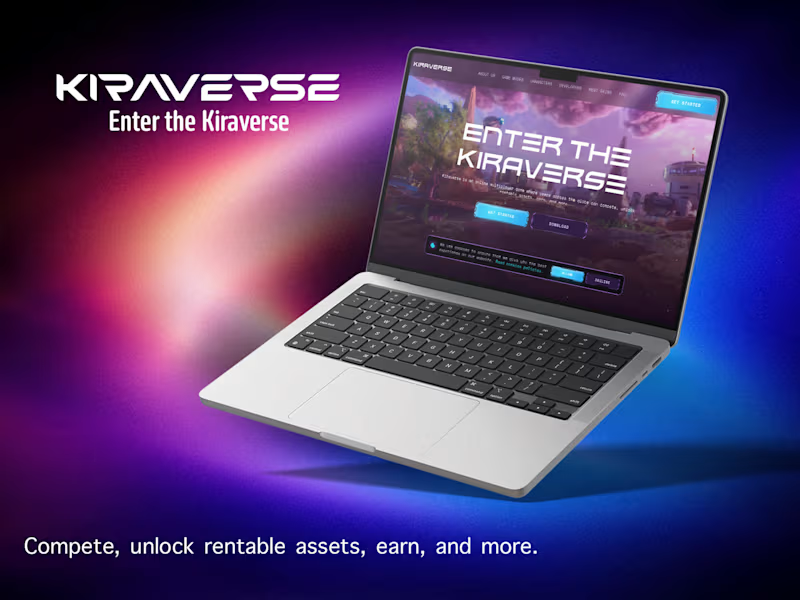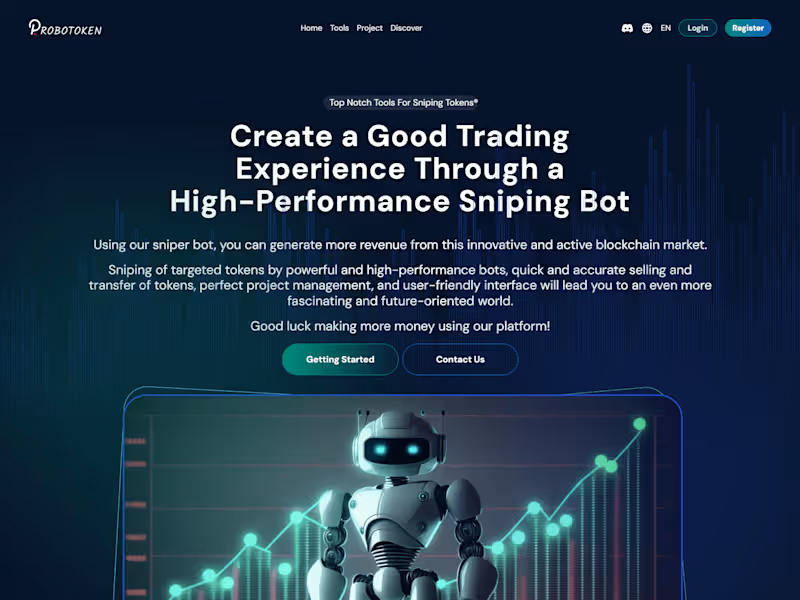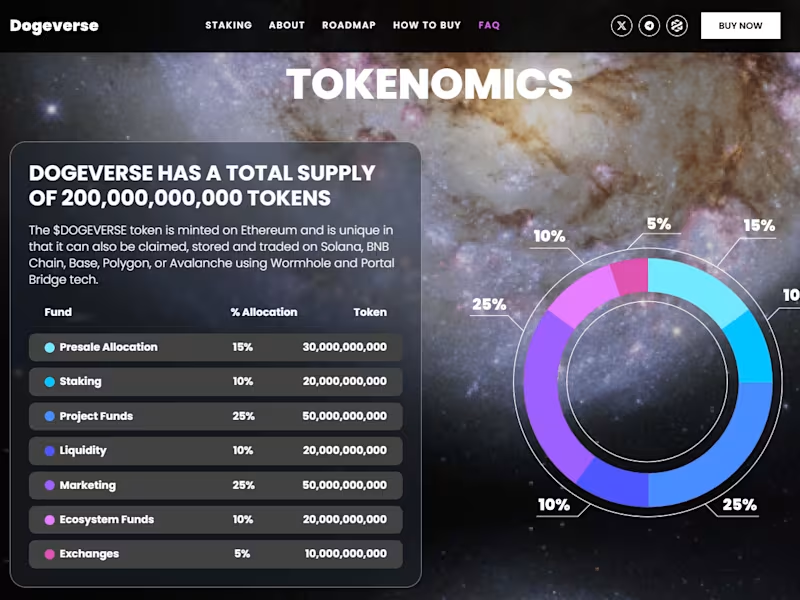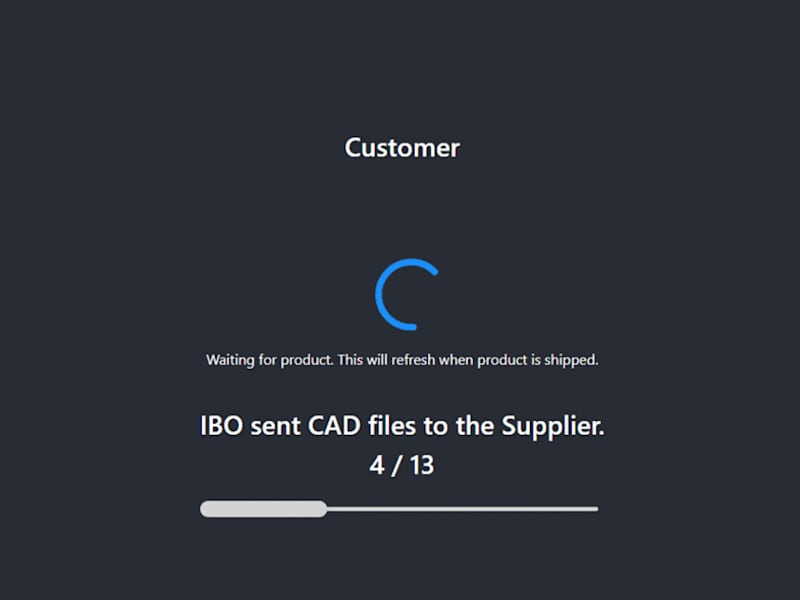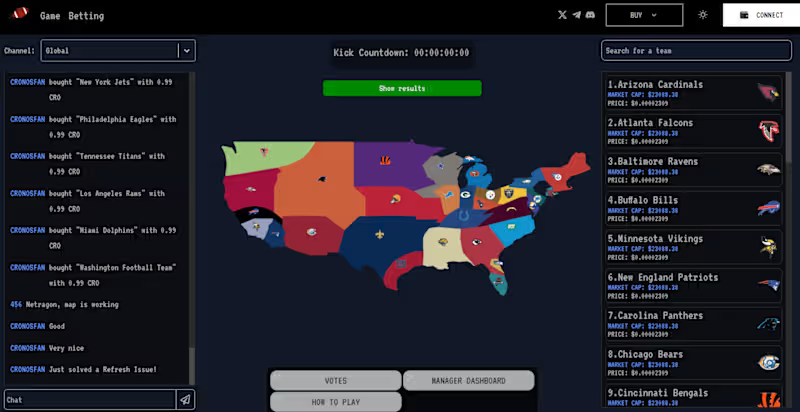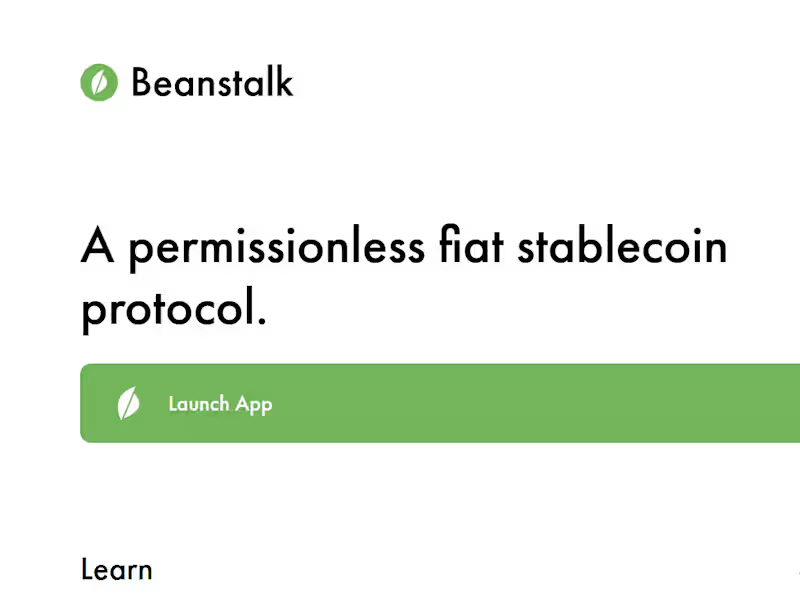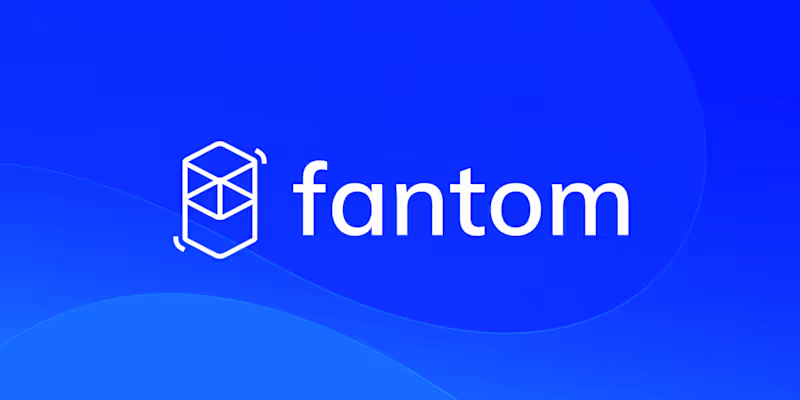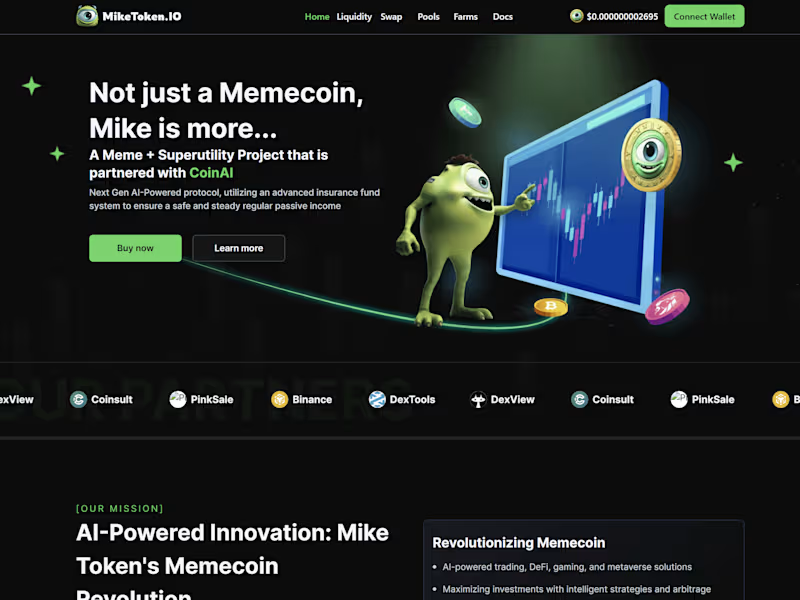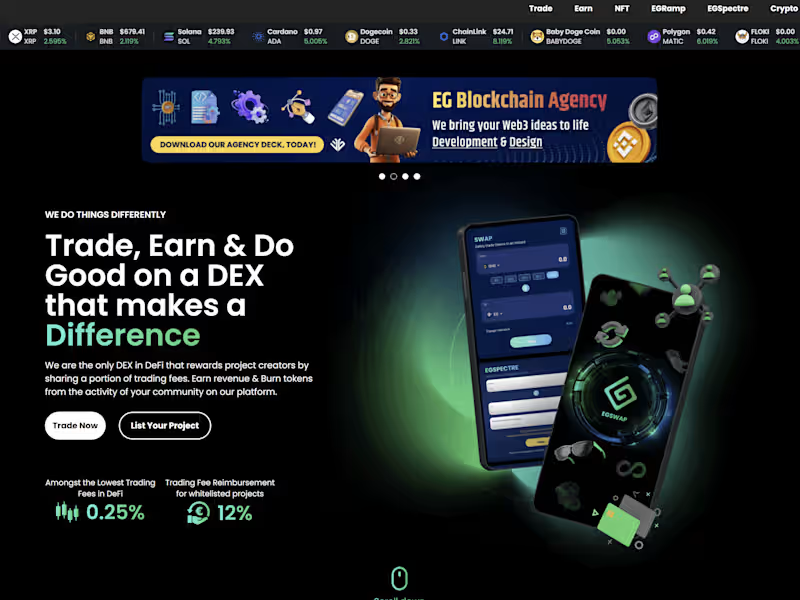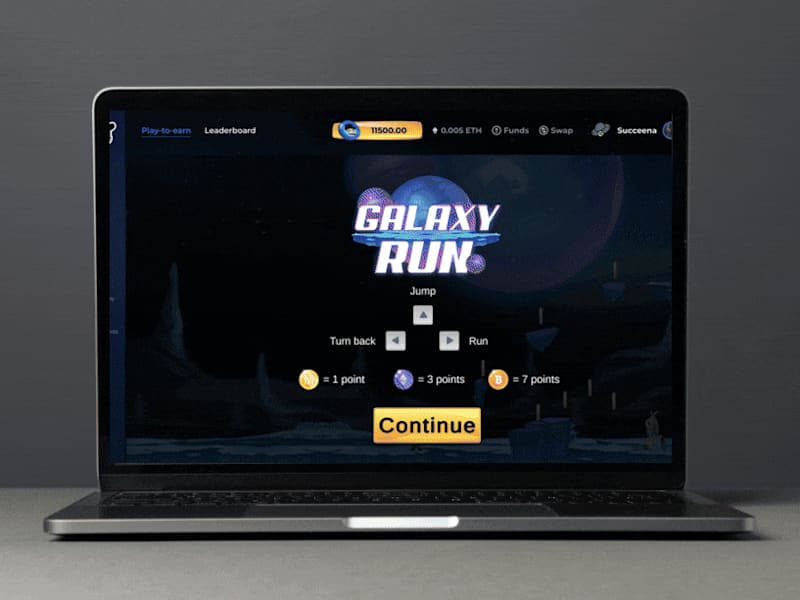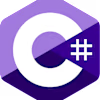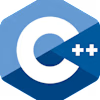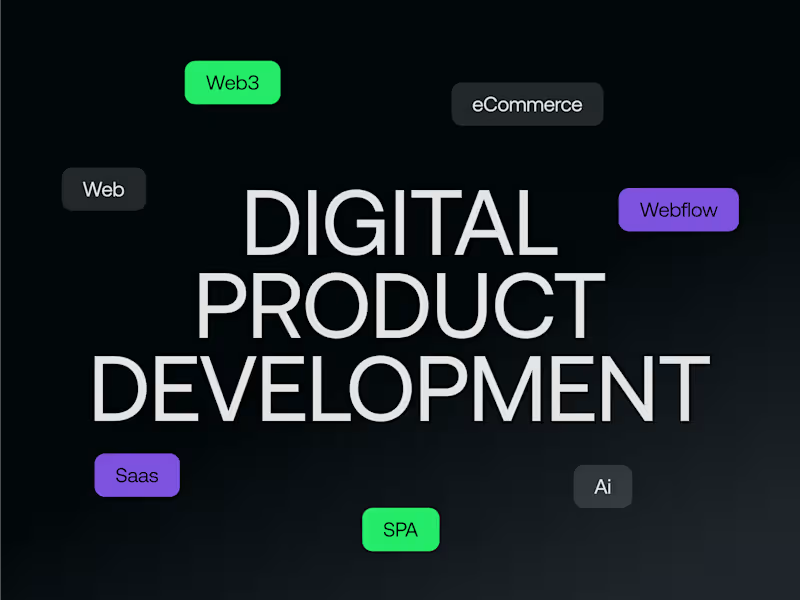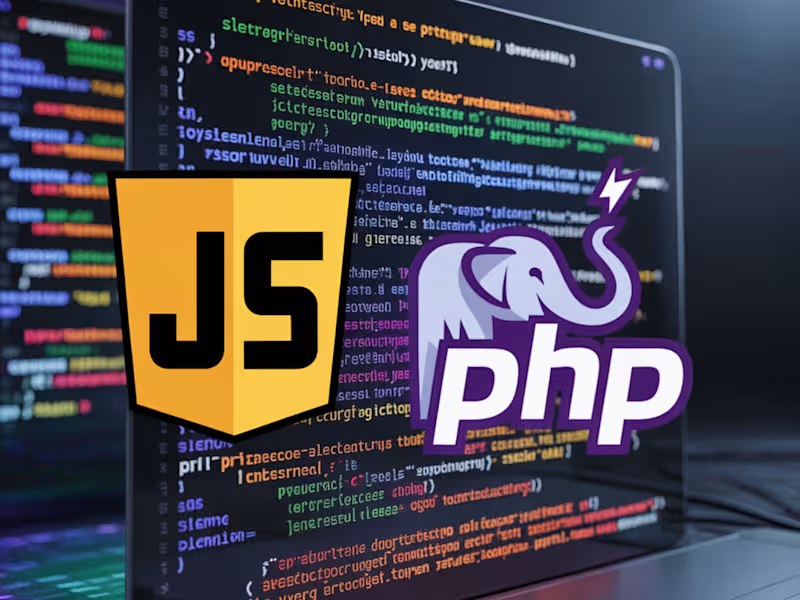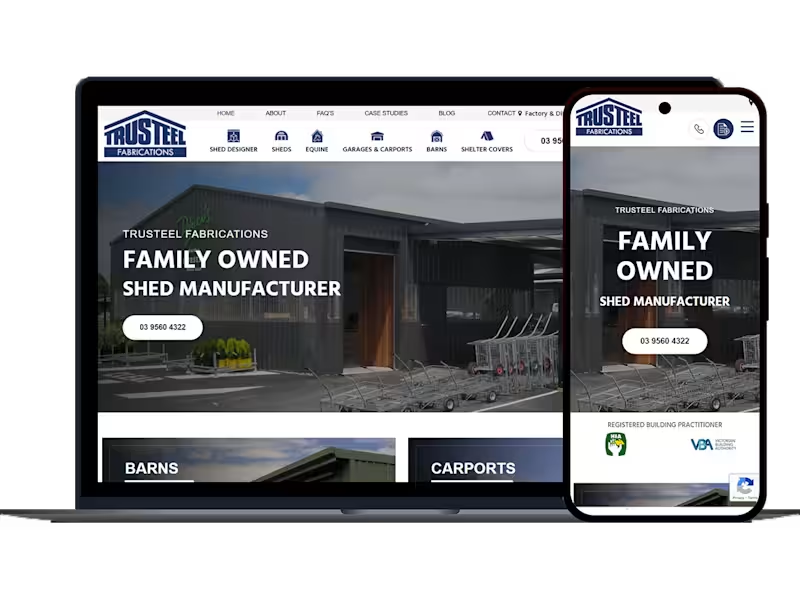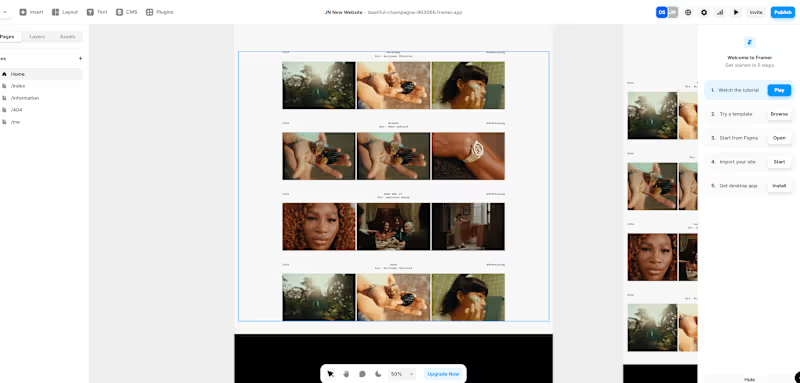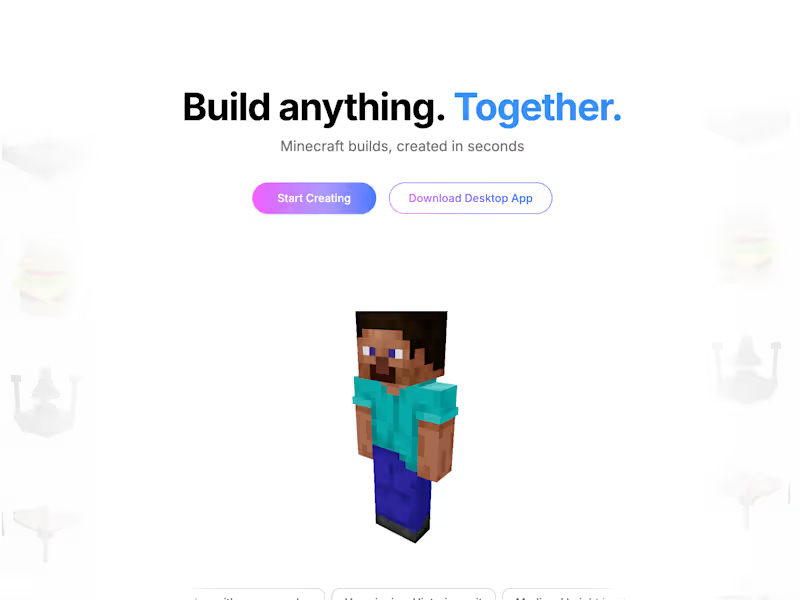Additional resources
The 2025 Blockchain Talent Landscape: Why It's So Challenging to Hire Blockchain Developers
DeFi, NFTs, and Enterprise Use Cases Fuelling Demand
22% Annual Growth in Blockchain Job Openings
Regional Hotspots vs. Emerging Markets
Talent Shortage and Skill-Set Mismatch Explained
Forecasted Hiring Trends for the Next Five Years
Core Competencies to Look For in Blockchain Engineers
Mastery of Smart Contract Languages: Solidity, Rust, Go
Deep Understanding of Consensus Algorithms and Tokenomics
Cross-Platform Fluency: Ethereum, Hyperledger, Polkadot & More
Security-First Mindset: Audits, Penetration Testing, Bug Bounties
Soft Skills for Remote Collaboration and Agile Delivery
Emerging Specializations: From AI-Powered Smart Contracts to Quantum-Resistant Cryptography
AI & Blockchain Convergence for On-Chain Analytics
Zero-Knowledge Proofs and zk-Rollups
Quantum-Safe Algorithms and Post-Quantum Security
Compliance Tech Roles Driven by MiCA and Global Regulation
Decentralized Physical Infrastructure Networks (DePIN)
Choosing the Right Employment Model: In-House vs. Freelance Blockchain Talent
When Full-Time Teams Make Strategic Sense
Why and When to Hire Freelance Blockchain Developers
Staff Augmentation and Managed Team Solutions
Cost, Control, and Scalability Trade-Offs
Hybrid Approaches for Rapid Product Iteration
Global Cost Analysis: Budgeting Before You Hire Blockchain Developers
Salary and Hourly Rate Benchmarks by Region
Total Cost of Ownership: Benefits, Taxes, Tools, Training
Project-Based vs. Ongoing Engagement Economics
Token-Based Compensation and Equity Structures
Optimizing Budgets Through Distributed Teams
Sourcing Channels for Top Blockchain Experts
Specialized Talent Marketplaces and Vetting Platforms
GitHub, Discord, and Web3 Community Hubs
University Programs, Hackathons, and Certification Tracks
Networking in DAOs and Industry Conferences
Leveraging Social Media and Web3-Native Job Boards
Crafting a Job Description That Attracts Top Blockchain Developers
Defining Clear Technical and Domain Requirements
Showcasing Mission, Culture, and Web3 Values
Highlighting Remote Perks, Tokens, and Flexible Pay
Inclusivity, Diversity, and Global Accessibility Language
SEO Best Practices to Reach Passive Candidates
Screening and Assessing Blockchain Experts Effectively
Technical Coding Challenges and Live Pair-Programming
Portfolio, GitHub, and Audit Report Reviews
Scenario-Based Smart Contract Assessments







































